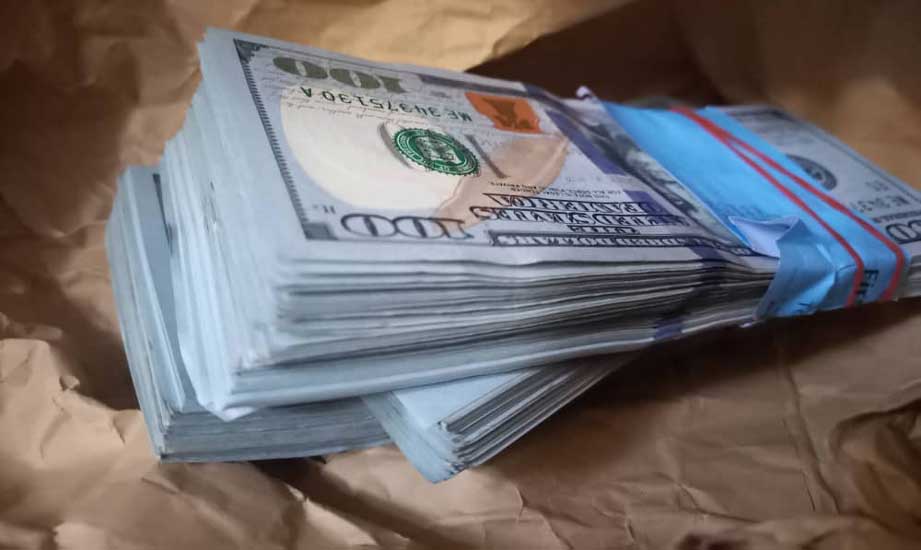On Friday, results at the Investors’ and Exporters’ forex window closed at N803.09 for a dollar.
Data from FMDQ shows that the market registered a record intra-day high of N829/$1 which was higher than the parallel market rate.
Forex turnover at the I&E window fell to $46.9 million, representing a 46.33 per cent plunge compared to the previous day.
At the parallel market, the currency slumped to N822 per dollar. The British pound closed N1090, while the Euro closed N885.
On June 14, 2023, the CBN collapsed all segments of the foreign exchange markets into the I&E window.
In less than 24 hours, the naira depreciated to N770.38 per dollar compared to the N663.04/$ on Friday at the I&E window.
It wasn’t surprising that the currency began to depreciate in less than 24 hours because experts had raised the alarm.
But it is believed that the benefits of a free float and naira unification would attract foreign investors who would scramble to purchase the cheap naira.
Nigeria is a highly import-dependent nation as importers and manufacturers will spend more naira to purchase dollars for their business activities.
With the situation, Nigerians are calling for policies that would save the currency from further collapse.
The Bank of America estimates that the naira is undervalued by 12 per cent when it was trading around N770 per dollar.
A twitter user, Tunde Obadina said, “Nigeria’s naira has been depreciating for decades. It did not suddenly devalue in mid-June. To prevent further weakening, the government should address the underlying causes of the naira’s decline.”
Dr. Sam Alli said on twitter that “The problem of the naira is not floating but poor income from dollars. Buhari understands that floating it would devalue it more so he fixed it so that important projects can access at such a rate.”
A product designer, Oghenekaro said “I had an argument with a friend last month after BAT came in and made new policy and CBN changes, while the dollar was still N735/$, that dollar would get to N800 before the end of the year. it is not even up to two months and we are there already.”
Asides from individuals, companies are also counting losses. They are battling with net foreign exchange losses resulting from the naira devaluation.
MTN Nigeria’s Q1 results showed a significant 43.95 per cent surge in finance costs driven by higher interest rates and a surge in net foreign exchange losses.
 DailyrecordNg …Nigeria's hottest news blog
DailyrecordNg …Nigeria's hottest news blog









